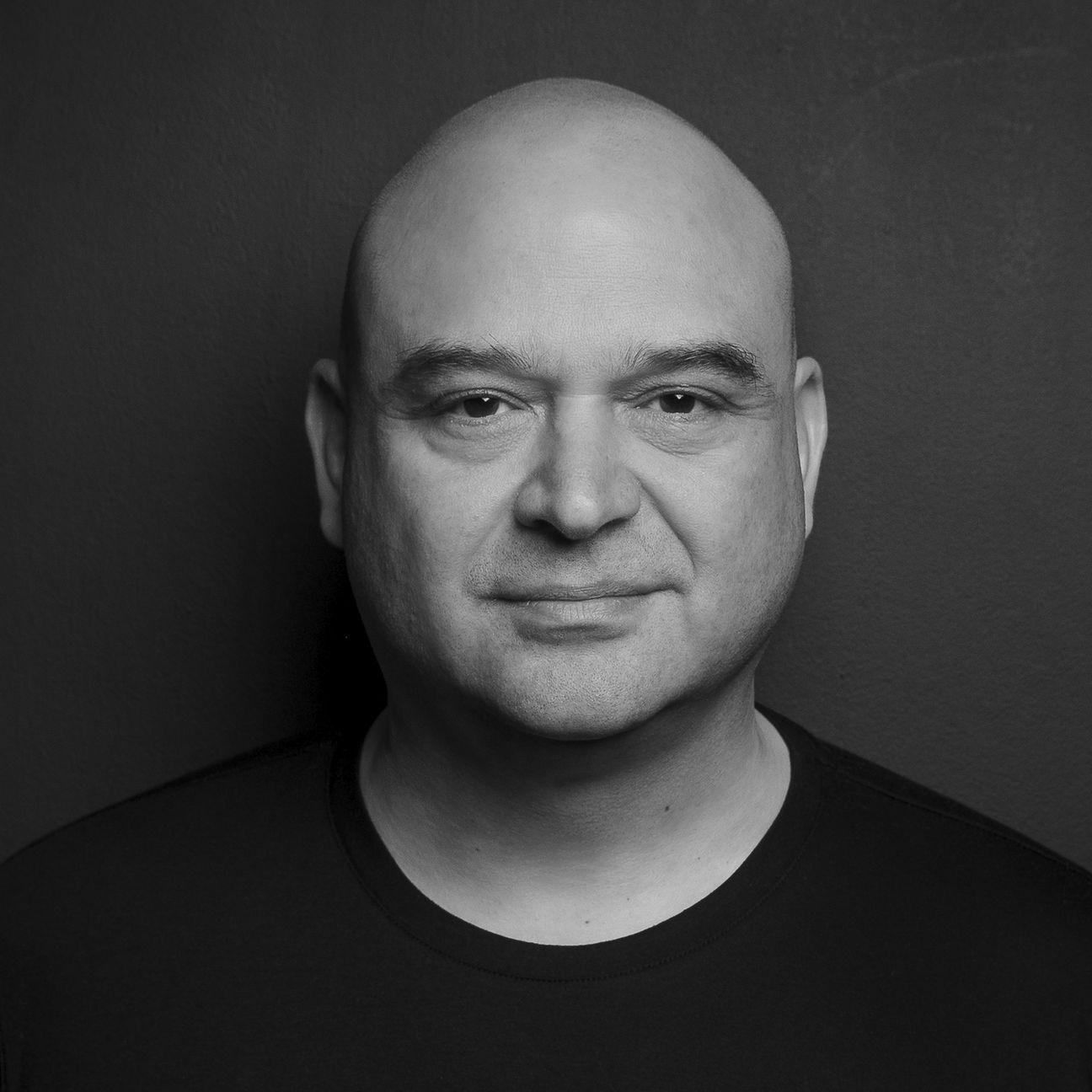

Study: Next communication – what does the future of communication look like?
- Deutsche Telekom publishes an interdisciplinary study on communication
- Over 250 experts from the fields of PR, marketing, and brand management surveyed
- The study will highlight important social, media, and technological trends
Corporate communication is facing a variety of challenges: Global crises, a dynamic and increasingly fragmented media environment, technological change, and various social developments are all increasing the pressure to change – 86 percent of those questioned as part of the Next Communication study that is now being presented believe that successful corporate communication will need to be based on new principles and will require their working practices to change in the future.
The Next Communication study addresses this and presents a new approach to communication. The study also combines various scientific and practical perspectives. To this end, over 250 experts from the fields of corporate communications, PR, marketing, and brand management in Germany, Austria, and Switzerland were surveyed on behalf of Deutsche Telekom.
What trends are shaping the communication of tomorrow? Which principles will become success factors? Which collaboration methods within companies create an effective environment? These and further questions have been researched on behalf of Deutsche Telekom by the strategy consulting firm zehnvier research&strategy from Zürich and Scion Research Labs from Munich. The results are presented in the Next Communication study. The study was conducted with academic support from Prof. Dr. Christian Blümelhuber (Berlin University of the Arts) and Prof. Dr. Andrea Giuffredi-Kähr (University of Zürich).
The result: The outline of a new approach to communication – an impulse for further discussion in the industry. Philipp Schindera, Head of Corporate Communications at Deutsche Telekom, believes the study is an important catalyst for the community of communication creators: “The study demonstrates various directions in which interesting developments, challenges, or controversies will arise with respect to the work in the communications industry. The continuous functional and – above all – interdisciplinary exchange between communicators will become increasingly important in light of the enormous pressure to change.”
Ulrich Klenke, Head of Group Brand Strategy & Marketing Communications at Deutsche Telekom, says: "Companies are increasingly being asked to take part in social debates and show their attitude. Telekom has clear values and a consistent brand image that puts sustainability at the center. Our brand stands for overcoming the social divide and bringing people into dialog."
Christian Loefert, Head of Marketing Communications, Training and Mobile Devices at Telekom Deutschland, says: "Old ways don't open new doors. To be able to continue doing excellent communications work in this sense in the future, it is essential to simplify border crossings between communications disciplines to the maximum. The resulting simplified interaction will enable companies' diverse communications issues to be handled significantly more effectively and efficiently."
The first part of the study highlights the most important social, media landscape, and technological trends from the perspective of those surveyed. On the basis of these trends, the second part of the study identifies various principles of future-oriented communication. The third part of the study looks at the topics of organization and collaboration between corporate communications, PR, marketing, and brand management.
Prof. Dr. Blümelhuber considers the change in perspective to be a future core competency: “Organizations need to simultaneously prove themselves in several areas – politics, financial markets, and opinion platforms each follow their respective logics. Next Communication takes all perspectives into account in order to be able to classify and decide with confidence. The competency regarding the change in perspective will lead to an improvement in communication management.”
Prof. Dr. Giuffredi-Kähr recommends a certain growth mindset: “The changes result in many challenges but also new opportunities to make communication even more relevant for the target groups. Communicators need to find the courage to tackle these challenges in terms of the increasing expectations of society. This also includes making errors and learning from them!”
The Next Communication study and further information can be downloaded here (in German).
About Deutsche Telekom: Deutsche Telekom at a glance
